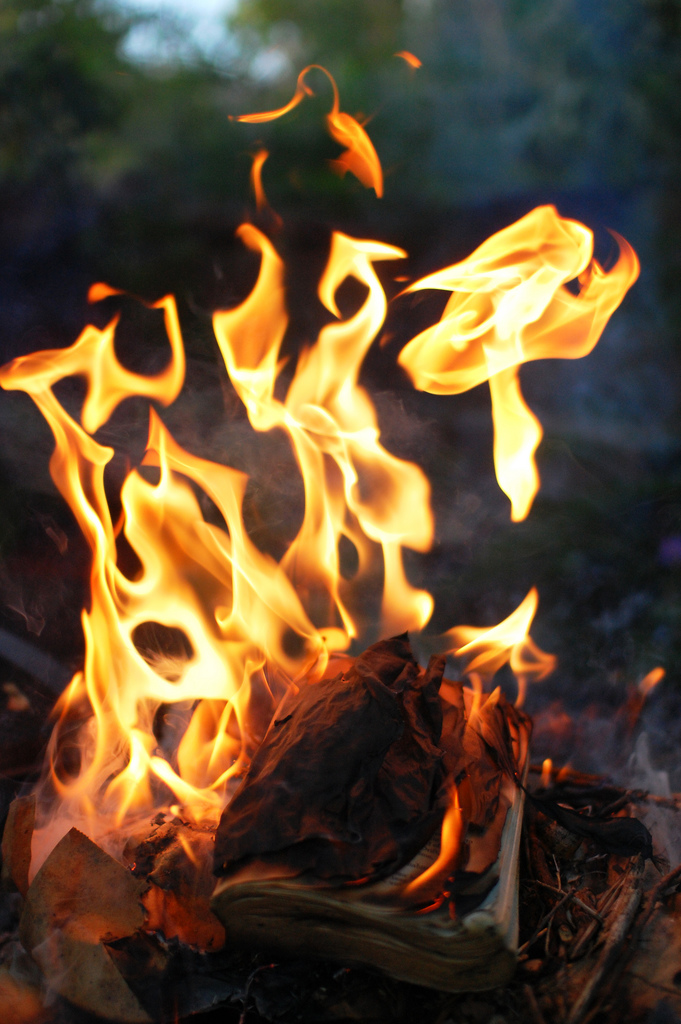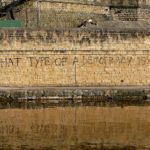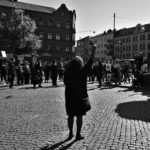While one might think that mere words stand no chance against the power of governments, poetry is banned and censored, and poets are imprisoned and exiled out of fear of a few verses. Yet, there is still hope. Words possess a power that violence can never have, and it is difficult-if not impossible-to silence everyone who speaks.
Iran, 1988-today
From 1988 to 1998 over 80 Iranians, among them poets, are killed for political reasons. One of the killed poets is Mohammad Mokhtari. His ‘crime’: Mokhtari intended to re-start the Association of Iranian Writers. Even today, poetry is censored in Iran – at times seemingly randomly. Some poets are even forced into exile. Yet, no matter how many poets’ works are censored, they continue to write and make their political voice heard. And sometimes there even is a chance to get away with it. After all, what is better suited than poetry and metaphor to hide meaning between the lines?
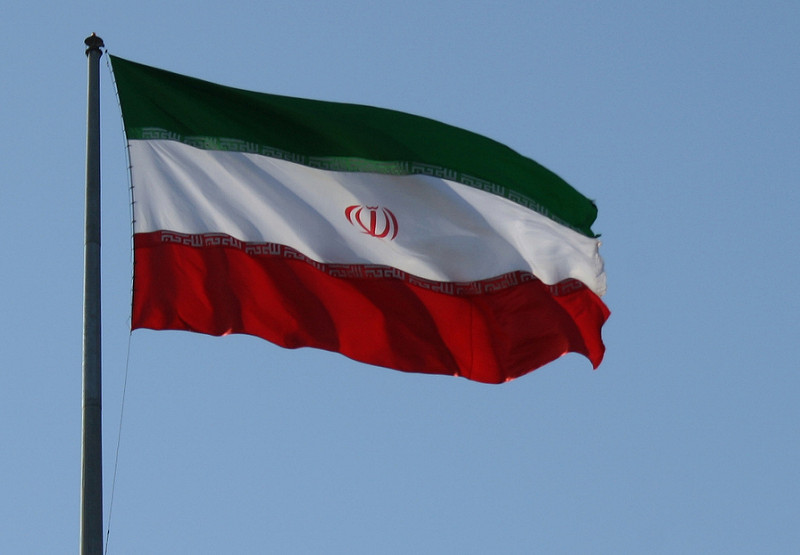
Israel, 2000
Israel’s minister for education, Yossi Sarid, seeks to include Palestinian poet Mahmoud Darwish’s work in the school curriculum. Following Sarid’s suggestion, right-wing members of the government threaten to introduce a motion of no-confidence should Darwish’s poetry be included in Israel’s school curriculum. The poet comments: “It is difficult to believe that the most military powerful country in the Middle East is threatened by a poem.” As it turns out, a few verses might have the power to make even the smallest voice heard, and to bring down a government.
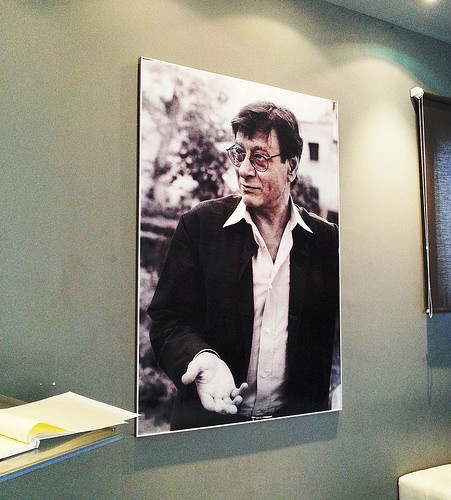
England, 2017
It’s been two months since Donald Trump was elected President of the United States, a few days since he announced his Muslim ban. From 10 Downing Street to Westminster Station the streets are flooded with people. They are here to protest against Trump, his Muslim ban, and Theresa May’s “appeasement policy”. Somewhere in the ocean of bodies and protest signs, somebody holds up a piece of cardboard that shows a drawing of the Statue of Liberty and a quote from Emma Lazarus’s poem The New Colossus. The poem was written in 1883 and it is still relevant today: a symbol of hope used to express political discontent with governments, and solidarity with fellow human beings.
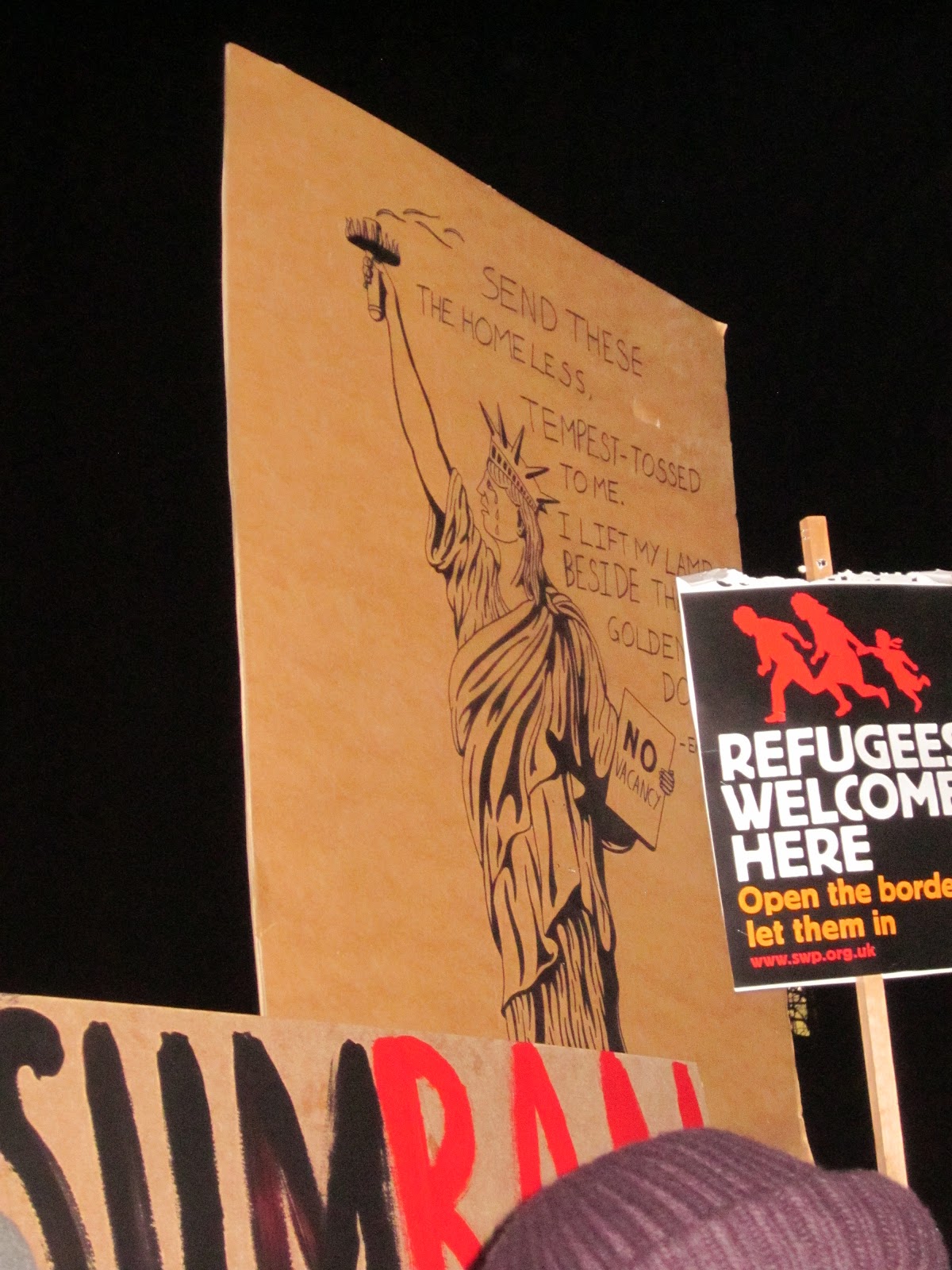
(Protest in London, January 2017. Photo: Merle Emrich)
Turkey, 2017
Bulaşıcı Cesaret (Contagious Courage) is the title of Selahattin Demirtaş’s poem that is banned because it contains “terrorist propaganda”. In November 2016, Demirtaş, the co-leader of the pro-Kurdish opposition party HDP (People’s Democratic Party), was sent to prison for five months. There he wrote the now banned poem: “They will say, let there be no voice/ Let there be no color, they will say./ You have rebelled by laughter […] They will say let there be no sunrise/ They will hold Hope at gunpoint/ You have rebelled, running/ They will put the blame on you/ Let us run then.”
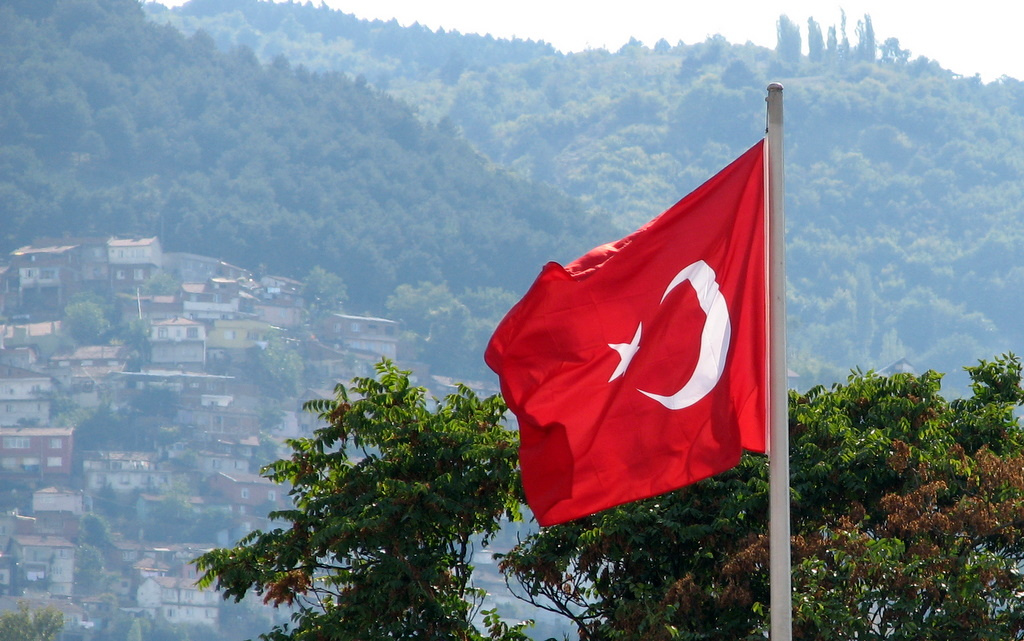
Poetry Is the Fuel That Feeds the Fire
Audre Lorde wrote that poetry “forms the quality of the light within which we predicate our hopes and dreams toward survival and change.” Throughout time, all over the world, poets have framed their hopes and dreams in words-be they personal and individual, or political. UK-poet Matt Abbott’s call for a Labour government got nearly 250 likes on facebook. Rhythmical Mike’s poem on immigration receives applause, and Salena Godden’s poem written for the Nasty Woman movement remains uncensored. Elsewhere, poets are imprisoned and their work censored or banned completely. In Iran, for example, Godden’s poem would be censored since it is forbidden – especially for women-to write about the body.
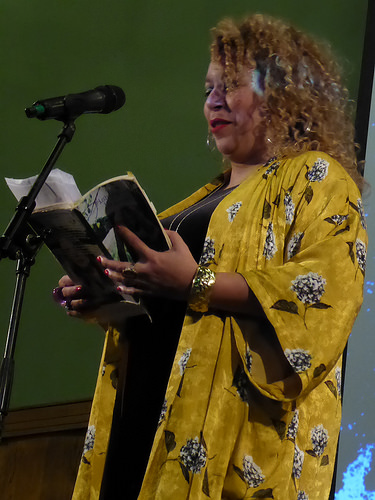
The Sword and the Pen
Poetry is not a privilege-not for the writer at least. Poetry is existence and survival, identity and catharsis, boiled down to a few lines. Like a novel or a newspaper article, a poem contains a message. Sometimes that message is a call for action and change. But unlike most newspaper articles, poetry does not only function on an intellectual, but on an emotional level. And therein lies the (political) power of poetry. After all, there is a reason why “the pen is mightier than the sword”. As the cases of Turkey and Iran, Israel and England show, there is a power in language that authority and violence-be it physical or nonphysical, legitimate or illegitimate violence-can never possess. While state power demands respect and obedience and at times induces fear, the power of words sparks inspiration, fuels dreams and worldviews, and gives hope that opposes fear. And if you give back hope to those starved of it, who can tell what might happen?
By Merle Emrich
Photo Credit:
Burning Book, August Allen, CC BY-NC-SA 2.0
Iranian Flag, Blondinrikard Fröberg, CC BY 2.0
Mahmoud Darwish, Reham Alhelsi, CC BY-NC-SA 2.0
Turkish Flag, erdalde, CC BY-NC-SA 2.0
Salena Godden, Isabelle Adam, CC BY-NC-ND 2.0
